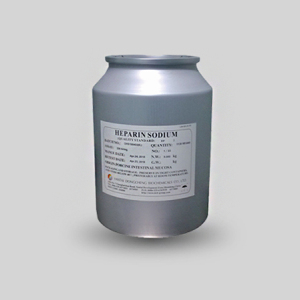Non-alcoholic fatty liver disease (NAFLD) is the most common chronic liver disease in the world, accounting for about 25% of the global population, and has brought a huge burden to the health care system. Non-alcoholic fatty liver is manifested as characteristic lesions, ranging from simple steatosis (NAFL) to more serious non-alcoholic steatohepatitis (NASH), which can develop into cirrhosis and even hepatocellular carcinoma. More and more evidences show that lipid accumulation is an important initiation event of NAFLD. Excessive fatty acids in liver cells increase the production of lipotoxic substances, which in turn triggers the release of oxidative stress and pro-inflammatory cytokines. Inflammation not only activates hepatic stellate cells (HSCs), the main contributor of liver fibrosis, but also aggravates the lipotoxic stress of liver cells. Therefore, people are more and more interested in intervention approaches that participate in the above-mentioned main pathogenesis. Although great progress has been made in the determination of therapeutic targets and treatment strategies, so far, there are no approved drugs for effective treatment of nash. Therefore, the search for effective herbs or biologically active compounds for the treatment of NASH has attracted more and more attention.
4-Hydroxybenzyl alcohol-4-O-Gastrodin-D-glucopyranoside (β-D-Gastopyranoside, gastropyranoside for short) is a low molecular weight biologically active compound extracted from the rhizome of Gastrodia. According to reports, it has pleiotropic effects on the central nervous system, such as anti-epileptic, antioxidant and neuroprotective effects. In the context of epilepsy, gastrodin has been reported to significantly reduce abnormal overdischarge by increasing the level of gamma-aminobutyric acid (GABA), an inhibitory neurotransmitter. Gastrodin can inhibit GABA transaminase or succinate semialdehyde reductase, these two enzymes are related to GABA metabolism or degradation. In Parkinson's disease, gastrodin inhibits cell apoptosis and reduces oxidative stress by up-regulating the NRF pathway. Therefore, this effect inhibits the death of dopamine neurons and slows the progression of Parkinson's disease. In other diseases such as cognitive dysfunction and cerebral ischemia-reperfusion injury, gastrodin is believed to play a role through a similar mechanism, affecting neurotransmitter release, cell apoptosis or oxidative stress. In recent years, gastrodin has been proven to improve the pre-inflammatory response and fibrosis of hepatocytes caused by high-fat diet (HFD) or bile duct ligation. However, the effect of gastrodin on the progression of NAFLD and NASH is unclear.

Product recommendation: France USP Heparin supplier
Indications:
1. It has the effect of chondroitin sulfate sodium salt;
2. It can reduce the intake of sodium;
3. It can inhibit bone resorption caused by periodontal bacterial endotoxin;
4. It can be used as root canal filling and bone filling;
5. It can inhibit bone calcium loss caused by estrogen deficiency;
6. As a colon-targeted delivery carrier; maintain blood calcium balance and prevent heart palpitations
Copyright © 2017-2021 cld. All rights reserved. Heparin,Chondroitin,Chondroitin Glucosamine Capsule BY Dongcheng Pharmaceutical Group Co., Ltd Sitemap